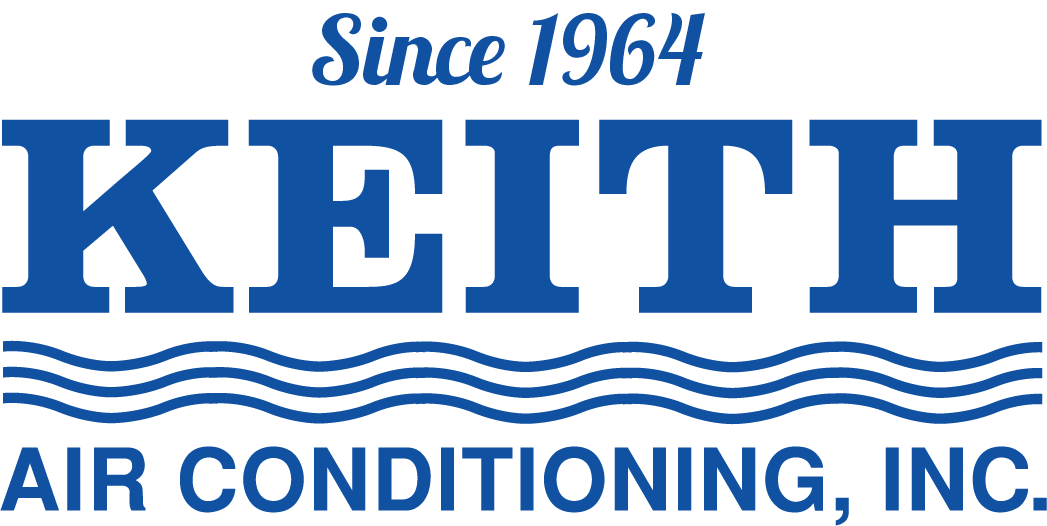Allergy Season in Mobile Benefits From Indoor Air Cleaners
 Allergy symptoms are far from being an outdoor problem. In most cases, outdoor air is actually cleaner than indoor air. You’re 1,000 times more likely to inhale indoor pollutants than outdoor emissions. If allergy season is effecting you inside your home, an air cleaner can help improve your indoor air quality.
Allergy symptoms are far from being an outdoor problem. In most cases, outdoor air is actually cleaner than indoor air. You’re 1,000 times more likely to inhale indoor pollutants than outdoor emissions. If allergy season is effecting you inside your home, an air cleaner can help improve your indoor air quality.
Signs of Indoor Allergies
Before you can effectively treat your symptoms, it’s important to make sure they’re coming from indoor allergies. Indoor allergy symptoms include irritated eyes and nasal drainage, among others, and lingering symptoms can last for several weeks.
If you have yellow or green nasal drainage and your symptoms last less than two weeks, you’re probably dealing with a cold and not allergies.
Adjusting Your Environment
If you’re not careful, your home could provide allergy triggers with the ideal environment. Dust mites prefer rooms that are 70 degrees or warmer and with a humidity above 40 percent. Running your air conditioner during the spring and summer can help you maintain the proper comfort levels. A programmable thermostat makes it easier to monitor and maintain low humidity and moderate temperatures.
Installing an Air Cleaner
Air cleaners are available as standalone units, but one of the easiest and more efficient ways to incorporate an air cleaner into your home is to add HEPA filters for your HVAC system. A high-efficiency particulate air (HEPA) filter captures at least 99.97 percent of the particles that pass through it, provided they’re at least 0.3 microns in diameter.
Be sure to talk to your HVAC professional for help exploring the right filtration options for your home’s heating and cooling system. HEPA filtration can block airflow in some HVAC systems that don’t have the capacity to handle their density.
Learn more about filtration and air cleaner options available from the HVAC experts at Keith Air Conditioning, Inc. or contact us today at 251-476-3610 to schedule an appointment!
